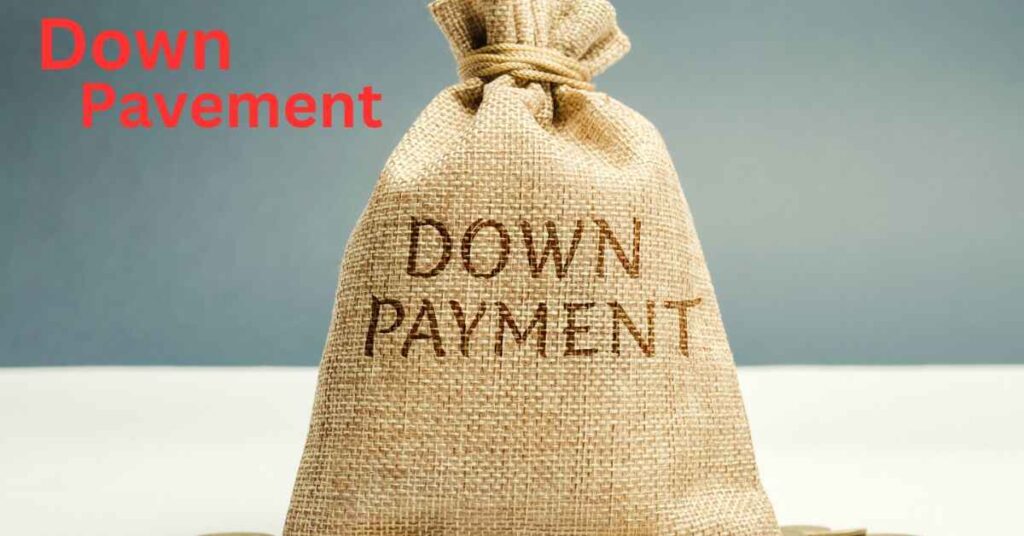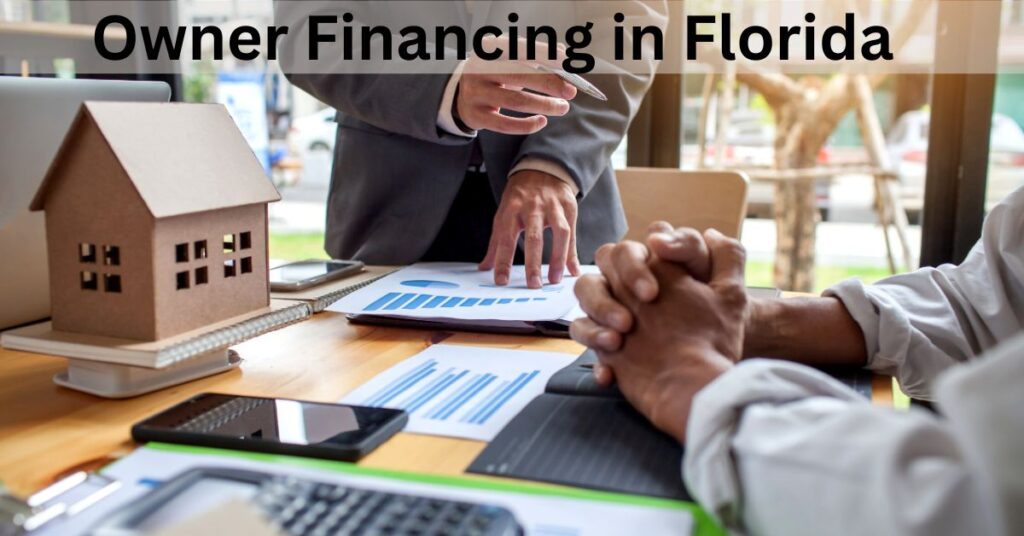Imagine strolling through the sun-kissed streets of Florida, keys to your dream home jingling in your pocket. Now, picture achieving this without the hassle of bank approvals or sky-high interest rates. Sounds too good to be true? Welcome to the world of owner financing in the Sunshine State. who pays property taxes on owner financing in Florida.
But hold on a second. Before you dive headfirst into this enticing pool of alternative home buying, there’s a crucial question you need to answer: who pays property taxes on owner financing in Florida? It’s not as straightforward as you might think, and getting it wrong could land you in hot water faster than a Florida afternoon thunderstorm.
Benefits of Owner Financing Contracts
Let’s kick things off by exploring why owner financing has become the talk of the town in Florida’s real estate circles.

- Flexibility for credit-challenged buyers: Got a less-than-stellar credit score? No problem! Owner financing often bypass traditional credit checks.
- Speedy closing process: Say goodbye to endless paperwork and hello to your new home in record time.
- Customizable terms: Want a longer repayment period? Lower interest rates? With owner financing, you’ve got room to negotiate.
But here’s the kicker – these perks come with their own set of challenges, especially when it comes to property taxes. who pays property taxes on owner financing in Florida.
Overview of Owner Financing Contracts in Florida
Now, let’s break down what owner financing means in the context of Florida’s real estate market.
Owner financing is like a DIY mortgage. Instead of a bank, the property seller becomes your lender. They hand over the keys, you move in, and you make payments directly to them. It’s as simple as that – or is it?
In Florida, this arrangement has gained serious traction. Why? Well, the Sunshine State’s real estate market is as diverse as its ecosystem. From retirees looking to downsize to young families seeking their first home, owner financing offers a path to homeownership that traditional mortgages sometimes can’t.
But here’s where it gets tricky. In this three-way tango between buyer, seller, and property, who’s responsible for those pesky property taxes? Stick around, because we’re about to dive deep into this sunshine-soaked mystery.
Owner Financing Contracts in Florida: The Nitty-Gritty
Tax Implications
Alright, let’s cut to the chase. Who pays property taxes on owner financing in Florida? Drumroll, please…
Generally, the buyer is responsible for property taxes in an owner-financing arrangement in Florida.
But wait! Before you start celebrating (or panicking), let’s unpack this a bit.
While the buyer typically foots the tax bill, it’s not set in stone. The beauty (and complexity) of owner financing lies in its flexibility. Some contracts might stipulate that the seller continues to pay property taxes, especially if they’re holding onto the deed. who pays property taxes on owner financing in Florida.
Here’s a quick breakdown:
| Scenario | Who Pays Taxes? | Notes |
|---|---|---|
| Standard Agreement | Buyer | Most common agreement |
| Seller Retains Deed | Often Seller | But can be negotiated |
| Escrow Account | Buyer | Taxes included in monthly pavements |
Remember, the key is in the contract. Always, and I suggest usually, read the best print!
Risks and Challenges
Risks and Challenges
Now, let’s talk about the elephant in the room – risks. Owner financing isn’t all sunshine and palm trees.
- Default and foreclosure: Miss a few payments, and you could find yourself out on the street faster than you can say “Florida orange juice.”
- Unclear contract terms: Vague language about who’s responsible for what can lead to nasty surprises.
Pro tip: Clarity is your best friend regarding owner-financing contracts. If something’s not crystal clear, ask, ask, and ask again!
Who Holds the Deed in Owner Financing?
Here’s where things get interesting. In most owner-financing deals, the seller holds onto the deed until the buyer pays off the entire amount. It’s like a giant IOU with a house attached.
But here’s the twist – even though the seller keeps the deed, the buyer usually gets what’s called an “equitable title.” This means you have the right to live in the home and even build equity, but you don’t fully own it yet.
So, how does this impact property taxes? Well, it is a bit of a grey vicinity. Some argue that since the seller still legally owns the property, they should pay the taxes. Others say the buyer, who’s benefiting from living in the home, should foot the bill.
In practice, most Florida owner-financing contracts put the tax responsibility on the buyer. But remember, in the world of owner financing, everything’s negotiable!
| Read More About: who pays property taxes on owner financing in Florida |
Disadvantages of Owner Financing
Before you jump on the owner financing bandwagon, let’s pump the brakes and look at some downsides:
- Higher interest rates: Sellers might charge more than traditional mortgages without bank regulations.
- Balloon payments: Some contracts require a large lump sum payment after a few years. Yikes!
- Seller involvement: Your seller becomes your lender, which means they’ll be in your financial business for years to come.
Remember, owner financing is a tool, not a magic wand. Use it wisely!
5 Steps in Creating an Owner Financing Contract in Florida

Ready to dive into creating an owner-financing contract? Here’s your roadmap:
1. Determine the Sale Price
First things first – how much is this slice of Florida paradise going to cost you? This isn’t just about what the seller wants; it’s about fair market value.
Pro tip: Get an independent appraisal. It’s worth every penny to ensure you’re not overpaying.
2. Determine the Down Payment

In Florida, down payments for owner financing can range from 5% to 20% of the purchase price. The exact amount depends on factors like the property value and the buyer’s financial situation.
Remember, a larger down payment often means better terms. It’s like bringing extra sunscreen to the beach – a little more upfront can save you a lot of pain later!
3. Determine the Interest Rate
Here’s where things get spicy. Florida has usury laws that cap interest rates, but they’re pretty generous. As of 2023, the maximum rate for owner financing is 18% per year.
But don’t panic! Most owner-financing deals have rates between 6% and 10%. Still higher than traditional mortgages, but hey, that’s the price of flexibility. who pays property taxes on owner financing in Florida.
4. Determine the Repayment Terms
How long do you want to be paying for your Florida dream home? 15 years? 30 years? Something in between?
This is also where you’ll decide on payment frequency. Monthly is most common, but some contracts allow for bi-weekly or even weekly payments.
5. Draft the Contract
Now for the legal stuff. This is where you’ll want to bring in the pros. A good real estate attorney can save you from a world of hurt down the line.
Key elements to include:
- Property Description
- Purchase price and payment terms
- Interest rate and amortization schedule
- Default and foreclosure procedures
- And of course, who pays those property taxes
7 Key Provisions of an owner Financing contract in Florida
Let’s break down the must-haves in your contract:
1. Description of the Property
This isn’t just a “house with a nice view.” You need a full legal description, including:
- Lot number
- Subdivision details
- County information
Don’t forget to spell out what’s included. That fancy chandelier or the built-in BBQ might be assumptions you don’t want to make!
2. Purchase Price and Down Payment
Spell it out in black and white:
- Total purchase price
- Down payment amount
- Due date for the down payment
3. Interest Rate and Repayment Terms

Interest Rate and Repayment Terms
Be crystal clear about:
- Annual Percentage Rate (APR)
- Payment amounts
- Payment due dates
- Length of the loan
4. Late Payment Fees
Florida law allows for reasonable late fees. Define:
- Amount of late fee
- When it kicks in (e.g., 5 days after the due date)
- Any grace period
5. Default and Foreclosure
Nobody likes to think about this, but it’s crucial. Outline:
- What constitutes a default
- Steps the seller can absorb in case of default
- Florida’s foreclosure process (it’s a judicial foreclosure state, by the way)
6. Insurance Requirements
Protect that investment! Specify:
- Types of required insurance (e.g., homeowner’s, flood)
- Minimum coverage amounts
- Who’s responsible for premiums
7. Property Taxes and Maintenance
And here’s the big one – property taxes! Clearly state:
- Who’s responsible for property taxes
- How and when taxes should be paid
- Responsibilities for property maintenance and repairs
Wrapping Up: at ease Your investment with a solid proprietor Financing contract in Florida
Phew! We’ve covered a lot of ground, from sunny beaches to the nitty-gritty of contract law. But here’s the bottom line: a well-drafted owner financing contract is your best protection in this alternative path to homeownership. Remember, in most cases, the buyer pays property taxes on owner financing in Florida. But like everything in real estate, it’s negotiable and should be spelled out in your contract.
FAQs
Ans: Absolutely! While the buyer typically pays, this can be part of your negotiation.
Ans: The county could place a lien on the property, potentially leading to foreclosure.
Ans: Sellers may be able to spread out their capital gains tax over the life of the loan.
Ans: It usually doesn’t impact credit scores unless the seller reports to credit bureaus.
Ans: Yes, sellers can often sell the note to investors, which could change your payment recipient.





